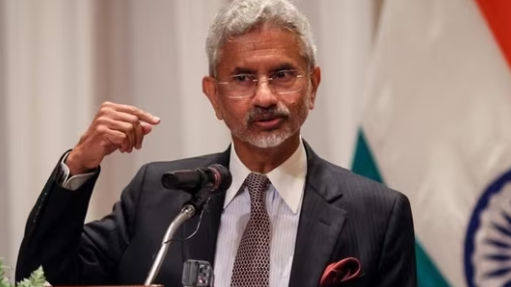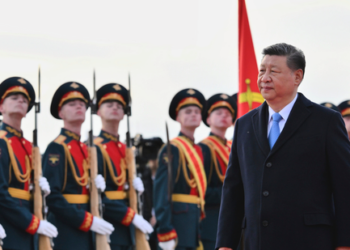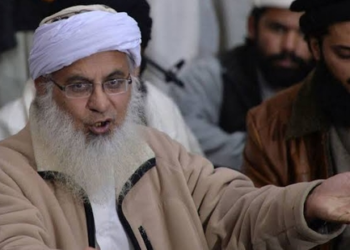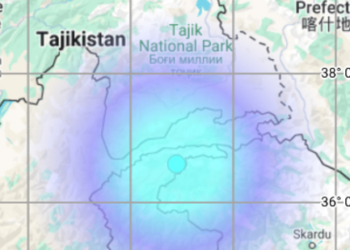In a diplomatic rebuke aimed at the Maldives, Indian Foreign Minister Subrahmanyam Jaishankar emphasized that true friends do not resort to bullying tactics while also highlighting that China, despite its promises, has failed to provide the Maldives with the promised USD 4.5 billion in aid.
Jaishankar’s comments come amidst growing concerns in India over the Maldives’ increasing alignment with China, particularly in the economic sphere. The Maldives, a small island nation in the Indian Ocean, has been the recipient of significant Chinese investment and infrastructure projects in recent years, leading to fears in New Delhi of Beijing’s expanding influence in the region.
Speaking at a diplomatic event, Jaishankar did not mince words, stating, “Bullies don’t provide USD 4.5 billion aid. Let me assure you, true friends do.” The pointed remark was widely interpreted as a direct criticism of the Maldives’ relationship with China and its decision to prioritize Chinese investment over closer ties with India.
India, traditionally considered the Maldives’ closest ally and largest trading partner, has expressed concerns over the growing Chinese presence in the island nation. In recent years, China has financed and constructed several infrastructure projects in the Maldives, including the development of ports and airports, as part of its ambitious Belt and Road Initiative (BRI).
Despite China’s promises of substantial financial assistance, there have been reports of delays and complications in the implementation of these projects, leading to doubts about the actual amount of aid received by the Maldives. Jaishankar’s remarks highlight India’s scepticism towards China’s pledges and its belief that Chinese aid comes with strings attached.
The strained relationship between India and the Maldives reached a low point in 2018 when the Maldivian government, under President Abdulla Yameen, declared a state of emergency and signed a free trade agreement with China, alarming Indian policymakers. However, bilateral ties have improved since the election of Ibrahim Mohamed Solih as the President of the Maldives in 2018, with efforts to reset and strengthen diplomatic relations between the two countries.
Nevertheless, Jaishankar’s recent comments serve as a reminder of India’s concerns regarding the Maldives’ engagement with China and its commitment to maintaining its influence in the strategically important Indian Ocean region. As geopolitical competition intensifies in the Indo-Pacific, the relationship between India and the Maldives will continue to be closely watched by regional stakeholders.


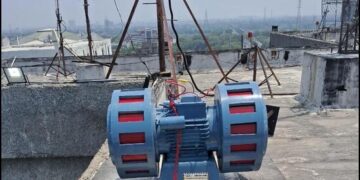
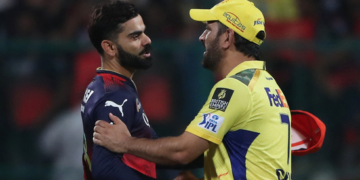
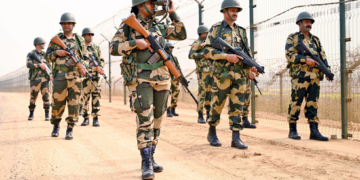
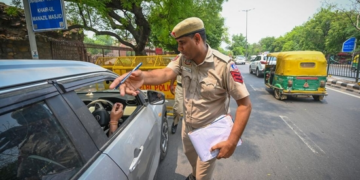

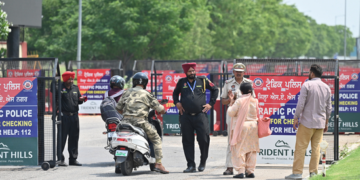
 India
India
